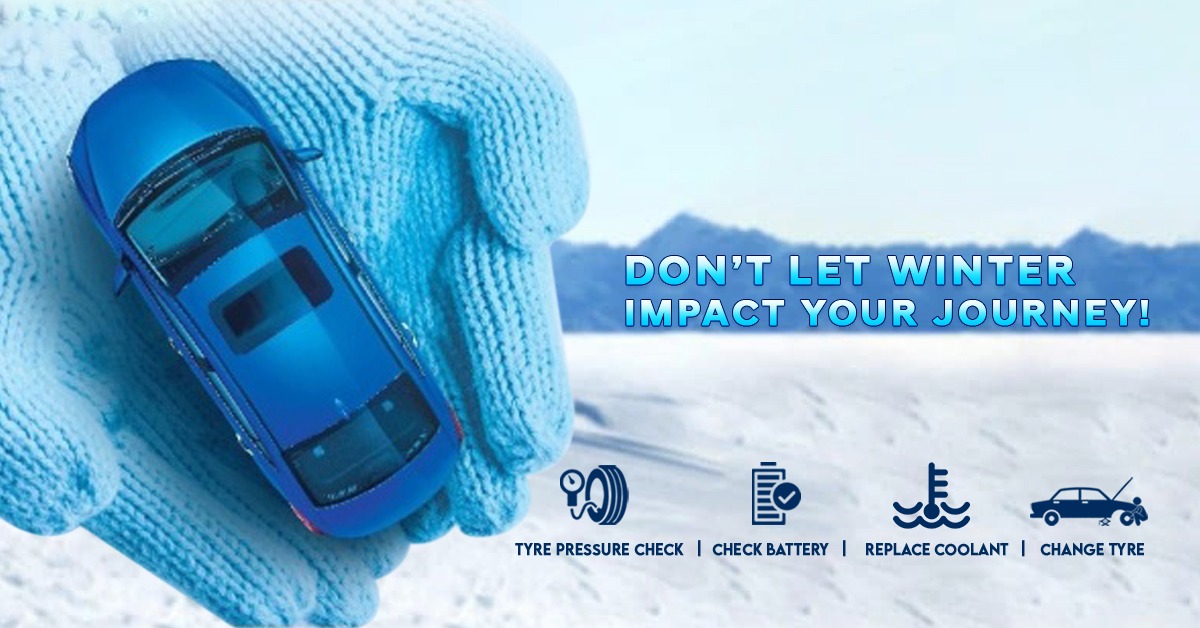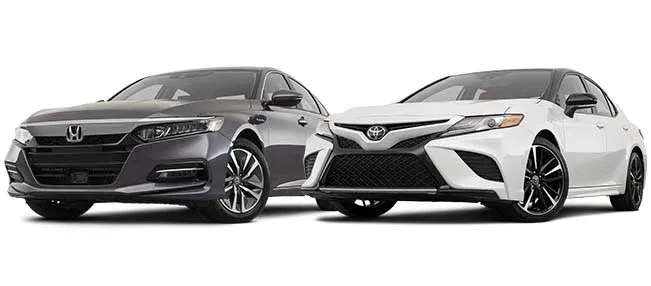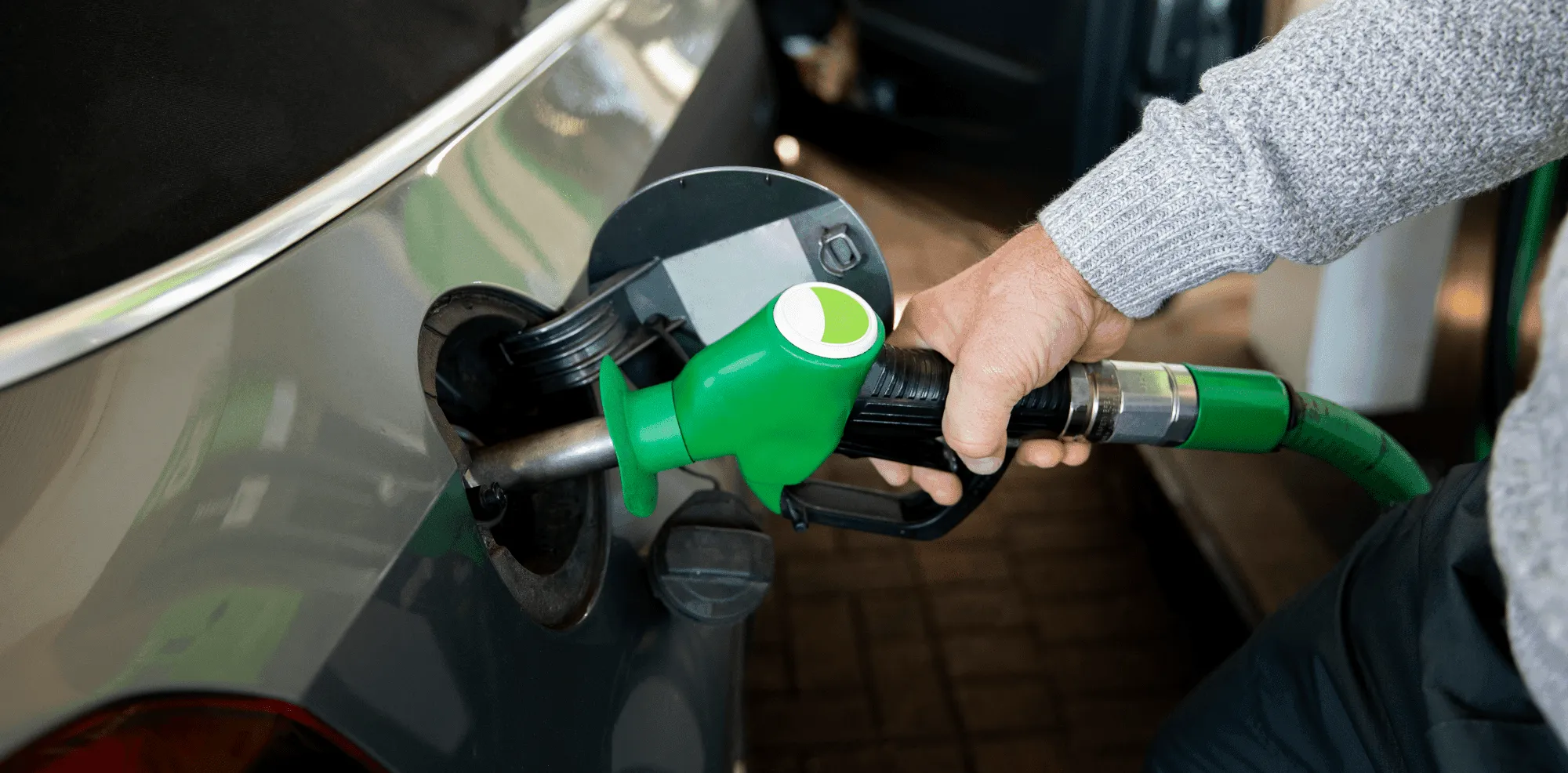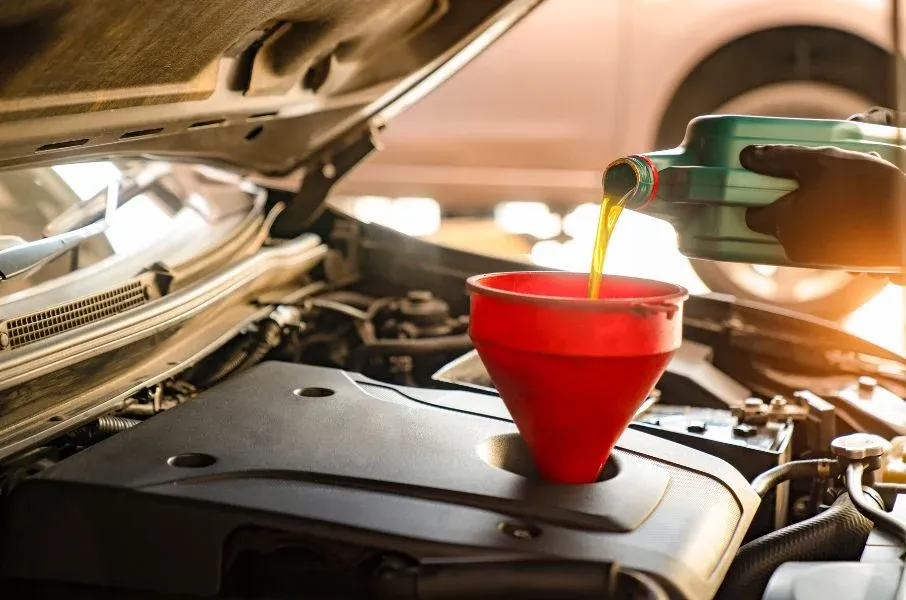If your automobile breaks down on any given day, it is a horrible day. In the event that it takes place while the weather is chilly and snowy, the scenario has the potential to become really hazardous. However, if you take adequate care of your vehicle throughout the winter, you won't have to worry about becoming trapped on the side of the road owing to incorrect vehicle maintenance.
Winter car maintenance tips
In order to learn how to properly care for your vehicle throughout the winter, you will need to prepare. By adhering to these winter car guidelines, which include the items that should be kept in your vehicle throughout the winter, you will be able to have peace of mind regardless of the weather conditions that you encounter.
1. Test your car’s battery
When it comes to winter automobile maintenance, the first thing you should check is your vehicle's battery. In particular, if you are seeing indicators that your car's battery is on its way out, it is essential to do a battery test and make certain that it is in excellent condition. A portion of the power that your battery has is diminished whenever the temperature lowers. Additionally, it takes more power to start your vehicle when the temperature is low. In other words, if your battery is already on its final legs as winter approaches, it will not start. Get educated on how to lengthen the life of the battery in your vehicle.

2. Check your tires
Cold weather also affects your tire pressure. Your car’s Tire Pressure Monitoring System (TPMS) sensor may light up during the first cold stretch of the year. Ignore this warning at your own risk: If you lose tire pressure, your underinflated tires will wear down quicker, negatively impacting their traction on icy roads. If you want to increase your traction, consider adding snow tires to your winter car care routine and swap them out every season. Or purchase high-quality all-weather tires to help keep your car steady on the road all year. Even when you know how to drive in the snow, winter weather can be challenging to navigate if your tires can’t get traction.
3. Check your car’s fluids
To ensure that your vehicle is properly maintained over the winter, you should check the oil and replace it if it is unclean. You should have your technician check the levels of all the other fluids in your vehicle and add more if necessary. The gas tank should be kept at least half full during the winter season in order to prevent moisture from accumulating in the gas lines, which may cause them to freeze when exposed to severe temperatures.
A further piece of advice for winter automobile maintenance is to make sure that your windshield wipers are not neglected. During the winter, visibility is at its worst, so you will want to make sure that you have this essential solution filled up and that you are prepared for the snow and muck. It is recommended that you seek for windshield wiper fluid that contains antifreeze if you reside in a region where the temperatures often drop below freezing. Also, determine whether or not the wipers on your windshield need to be replaced. In the winter, vision problems may also be caused by windshield wipers that have worn out.
4. Consider the winter precautions for driving your car
Some essential winter car tips have nothing to do with the operation of your car. Because Mother Nature can throw so many variables at you during cold weather, ensure you have all the safety gear you might need. A well-stocked car should include the following:
- Cell phone & cellphone charger
- Jumper cables & flares
- Ice scraper & shovel
- Blanket and coat
- Antifreeze & a bag of sand for ice traction
Protect yourself from getting stranded on the road this winter with roadside assistance coverage, which can provide emergency towing, winching, jump-starts, tire changes, and more.
.png)










